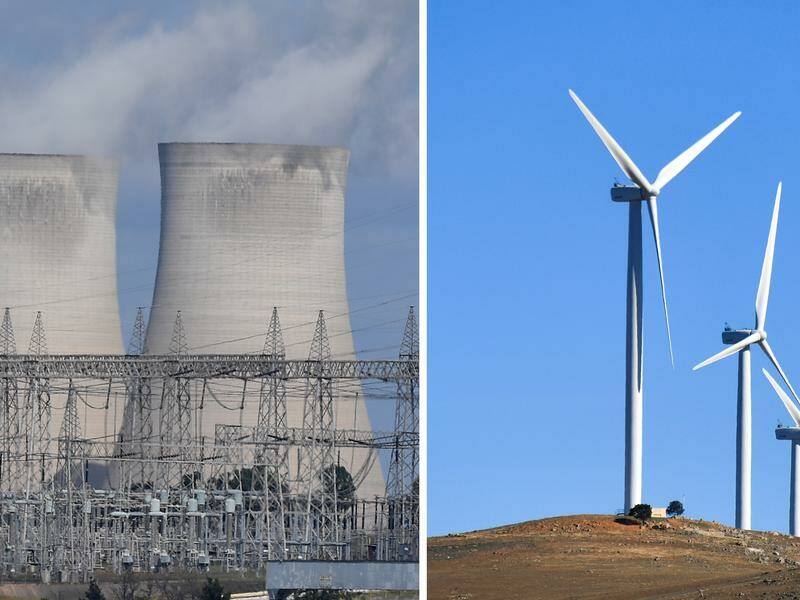
The opposition coalition in Australia is reaffirming its commitment to nuclear energy, as leadership shifts prompt renewed discussions on the country’s energy policy. Following significant electoral losses, opposition leader Sussan Ley and her team are outlining a more definitive approach to nuclear power, with the aim of addressing both energy demands and internal party dynamics.
In recent statements, Dan Tehan, the opposition’s energy spokesman, emphasized the potential role of nuclear energy in Australia’s future. After returning from discussions in the United States, he noted how nuclear power has effectively supported increasing energy demands tied to advancements in artificial intelligence and technology. “There’s basically a nuclear renaissance taking place in the US. There is huge investment going into nuclear,” Tehan remarked during an appearance on ABC Radio.
Despite this renewed focus, the Australian Labor Party continues to oppose nuclear power, citing concerns over costs and advocating for a mix of renewable energy and natural gas to meet national energy needs. Historically, the coalition faced its most significant electoral defeat in modern history during the 2025 federal election, where it proposed building nuclear reactors across seven sites.
Tehan criticized Labor’s stance, claiming that many young Australians are receptive to adopting nuclear energy. He accused the party of running a “dishonest campaign” regarding the costs associated with nuclear power. “It was a dishonest campaign, but they ran it successfully,” he stated, highlighting a perceived disconnect between public opinion and the Labor Party’s messaging.
As the coalition navigates its energy policy, internal discussions reveal a split among members, particularly regarding the commitment to a net-zero emissions target by 2050. Some moderate Liberals are advocating for a shift in focus towards reducing power prices rather than adhering strictly to emissions targets. Andrew Hastie, a senior frontbencher, has emerged as a prominent voice in this debate, threatening to resign from the shadow ministry if the net-zero policy remains intact.
In response to these internal challenges, Ley has clarified her leadership approach by issuing formal charter letters to her shadow ministers. These letters outline key priorities and emphasize the importance of solidarity within the shadow cabinet. One member of the Liberal shadow cabinet characterized the letters as a natural progression of discussions held months prior, asserting that they were not a reaction to current turmoil.
A spokesperson for Ley noted that the charter letters are intended to provide clearer direction for the coalition as it prepares for upcoming elections. “The decision reflects the leader’s intention to provide clear direction and tasking to shadow ministers beyond the conventional mirroring of government portfolios,” the spokesperson stated.
As the coalition grapples with defining its position on nuclear energy and emissions policy, the outcome of these internal debates will likely shape its strategy leading up to future elections. With significant public interest in energy costs and climate change, the coalition faces the challenge of balancing diverse opinions while presenting a united front.






